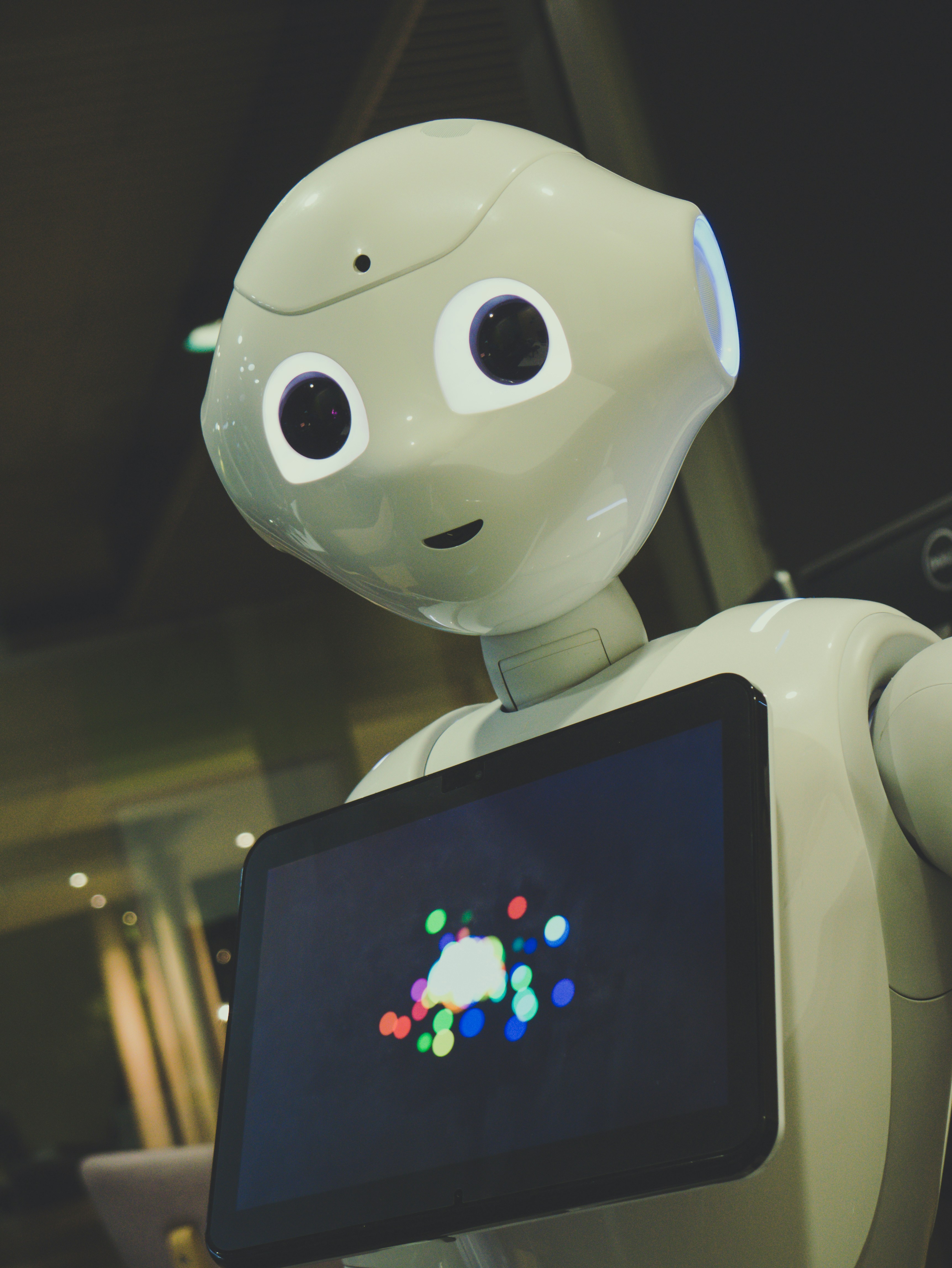The Evolution of Artificial Intelligence: From Early Development to the Current State
March 31, 2024 | by learntodayai.com

Artificial Intelligence (AI) stands at the forefront of technological innovation, representing the culmination of human endeavor to imbue machines with the power to think, learn, and adapt like humans. In this introductory exploration, we embark on a journey through the annals of time to unravel the intricate tapestry of AI, tracing its origins, milestones, and transformative impact on society.
The Definition and History of AI
Artificial Intelligence (AI) refers to the simulation of human intelligence in machines that are programmed to think and learn like humans. It involves the development of computer systems that can perform tasks that typically require human intelligence, such as visual perception, speech recognition, decision-making, and problem-solving.
The concept of AI has been around for centuries, but it wasn’t until the mid-20th century that significant progress was made in its development. The term “artificial intelligence” was coined in 1956 by John McCarthy, an American computer scientist, at the Dartmouth Conference.
The Early Years of AI
In the early years of AI, researchers focused on developing systems that could mimic human intelligence. They aimed to create machines that could reason, learn, and solve problems like humans. However, progress was slow, and early AI systems were limited in their capabilities.
One notable milestone in the early years of AI was the development of the Logic Theorist in 1955 by Allen Newell and Herbert A. Simon. The Logic Theorist was the first AI program capable of proving mathematical theorems.
Another significant development was the invention of the perceptron in 1958 by Frank Rosenblatt. The perceptron was a type of artificial neural network that could learn and make decisions based on input data. It was a breakthrough in machine learning and laid the foundation for future developments in AI.
The AI Winter
In the 1970s and 1980s, AI research faced a period of reduced funding and interest, known as the “AI Winter.” Progress in AI was slower than expected, and many projects failed to deliver on their promises. This led to a decline in funding and a loss of public confidence in AI.
During this time, AI research shifted its focus from general AI, which aimed to replicate human intelligence, to more specialized areas such as expert systems and machine learning. Expert systems were developed to solve specific problems by capturing the knowledge and expertise of human experts in a computer program.
The Rise of Machine Learning
In the 1990s and 2000s, AI research experienced a resurgence with the rise of machine learning. Machine learning is a subset of AI that focuses on the development of algorithms that enable computers to learn from and make predictions or decisions based on data.
Advances in computing power and the availability of large datasets fueled the development of machine learning algorithms. Researchers made significant breakthroughs in areas such as natural language processing, computer vision, and speech recognition.
One of the most notable developments in machine learning was the invention of deep learning. Deep learning is a subset of machine learning that uses artificial neural networks with multiple layers to learn and make predictions. It has revolutionized areas such as image and speech recognition, and has led to significant advancements in AI.
The Current State of AI
Today, AI is playing an increasingly important role in various industries and sectors. It is being used in areas such as healthcare, finance, transportation, and entertainment. AI-powered systems are being developed to assist with medical diagnosis, automate financial transactions, optimize transportation routes, and create personalized recommendations for users.
However, there are also concerns about the ethical implications of AI, such as job displacement, privacy, and bias in algorithms. As AI continues to advance, it is important to address these concerns and ensure that AI is developed and used responsibly.
In conclusion, AI is a rapidly evolving field that has a rich history dating back several decades. From its early beginnings to the current state of advanced machine learning, AI has made significant progress in replicating human intelligence and solving complex problems. As AI continues to develop, it holds great potential for transforming various industries and improving our daily lives.
RELATED POSTS
View all


